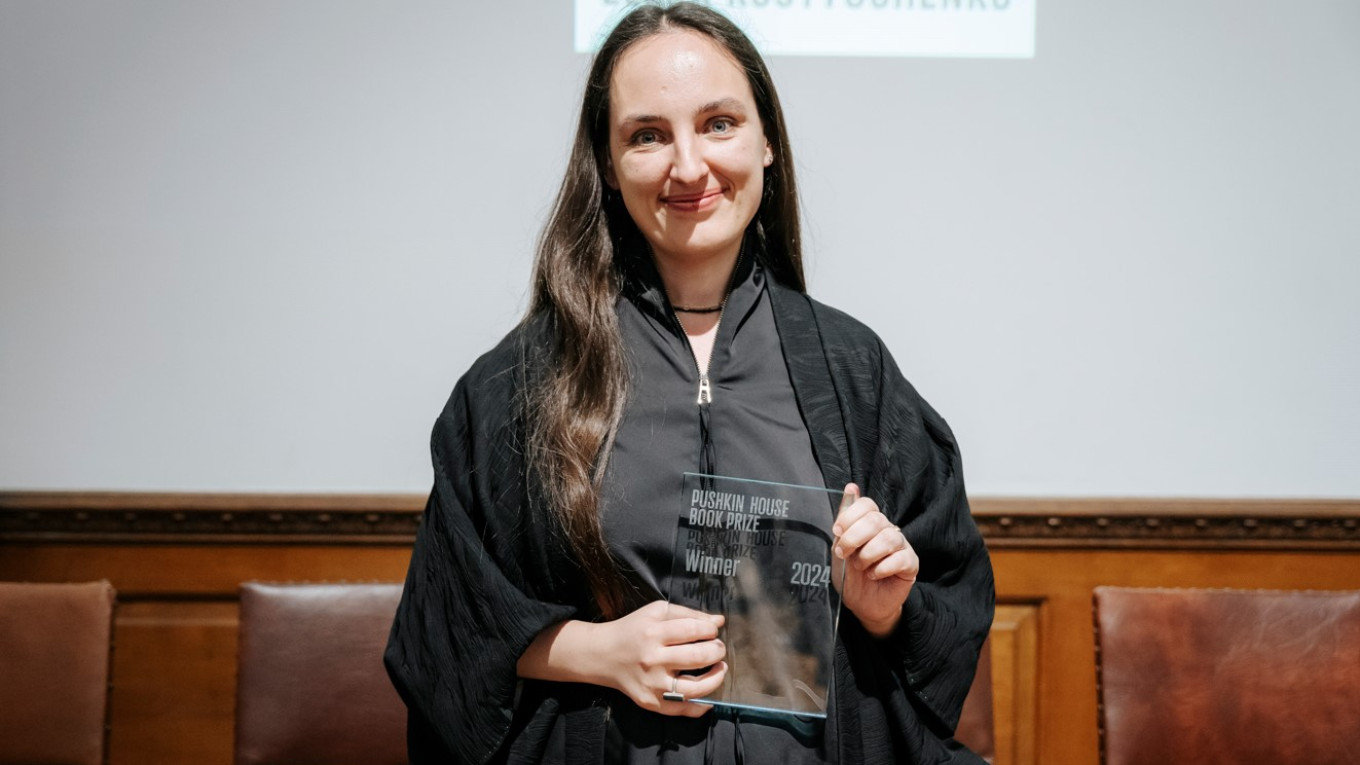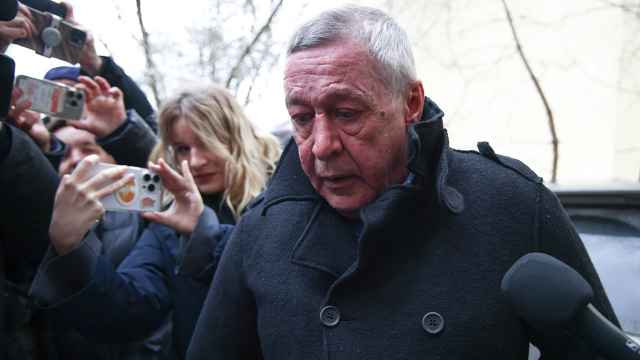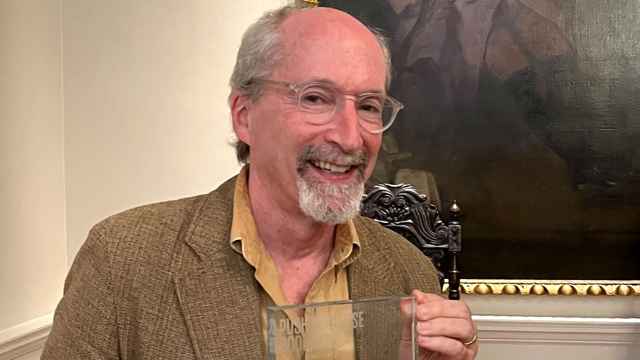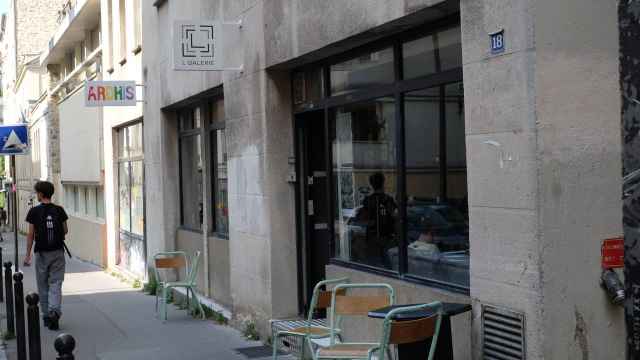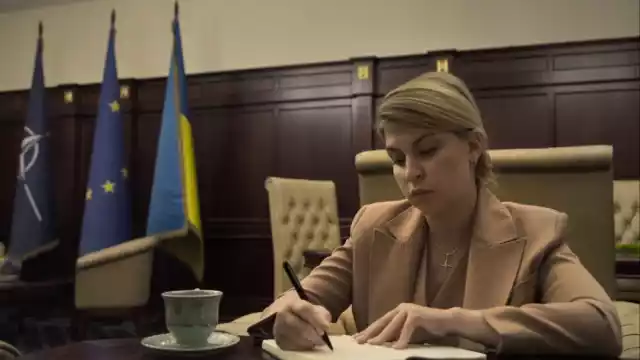Congratulations! Did you think you might win the Pushkin House Book Prize?
I had a little hope, but the shortlist was so strong this year. It was a great honor just to be included in the shortlist, but I didn’t think I’d win... I had heard that the Pushkin House prize is rarely given to translated book and rarely given to a Russian. It was a great, great honor for me — unbelievable joy and honor to win that prize. I never considered myself a writer, for many years I only thought of myself as a journalist.
Why do you think you won?
I can tell you what the jury said. They said that my book gave readers the shortest path from mind to heart, which is so important… I think my book is important because it takes readers to places very far from Moscow and tells the story of people who usually aren’t in the eye of the media. These are the invisible people — women working as prostitutes, LGBTQ, policemen, wives of Russia soldiers who died in Ukraine… extremely varied people who make extremely varied choices, who have their own fears and hopes. Their fears and hopes are what make up Russians today. I think that understanding those people is no less important than trying to understand Putin… I wrote the book because even though I was working as a reporter, I didn’t notice that the country was sliding in fascism. It’s a book about that slide into fascism. And it’s a very personal book because my story is in there, too.
The name of the book was unexpected for many — why did you call it “I Love Russia”?
Because I do love Russia. Because it’s also a book about my life, how that love throughout my life pushed me — and not always for the best. I understand how some people might be bothered by the name, and I didn’t want to hurt people. But I thought it was important to say that now: When so many people are telling us what we should feel, it’s important for us to say what we are really feeling. When I say I love my country, I of course don’t mean the same thing that Putin means when he speaks about love for Russia. Putin and his system say that if you love Russia, go kill Ukrainians, or be silent or be obedient… but love doesn’t demand silence, lies, killing, and obedience. It demands a crystal-clear vision of what you love. I thought it was important to say that. It’s not right to give away this huge emotion, to give it to someone like Putin for him to say what it is. We should decide for ourselves.
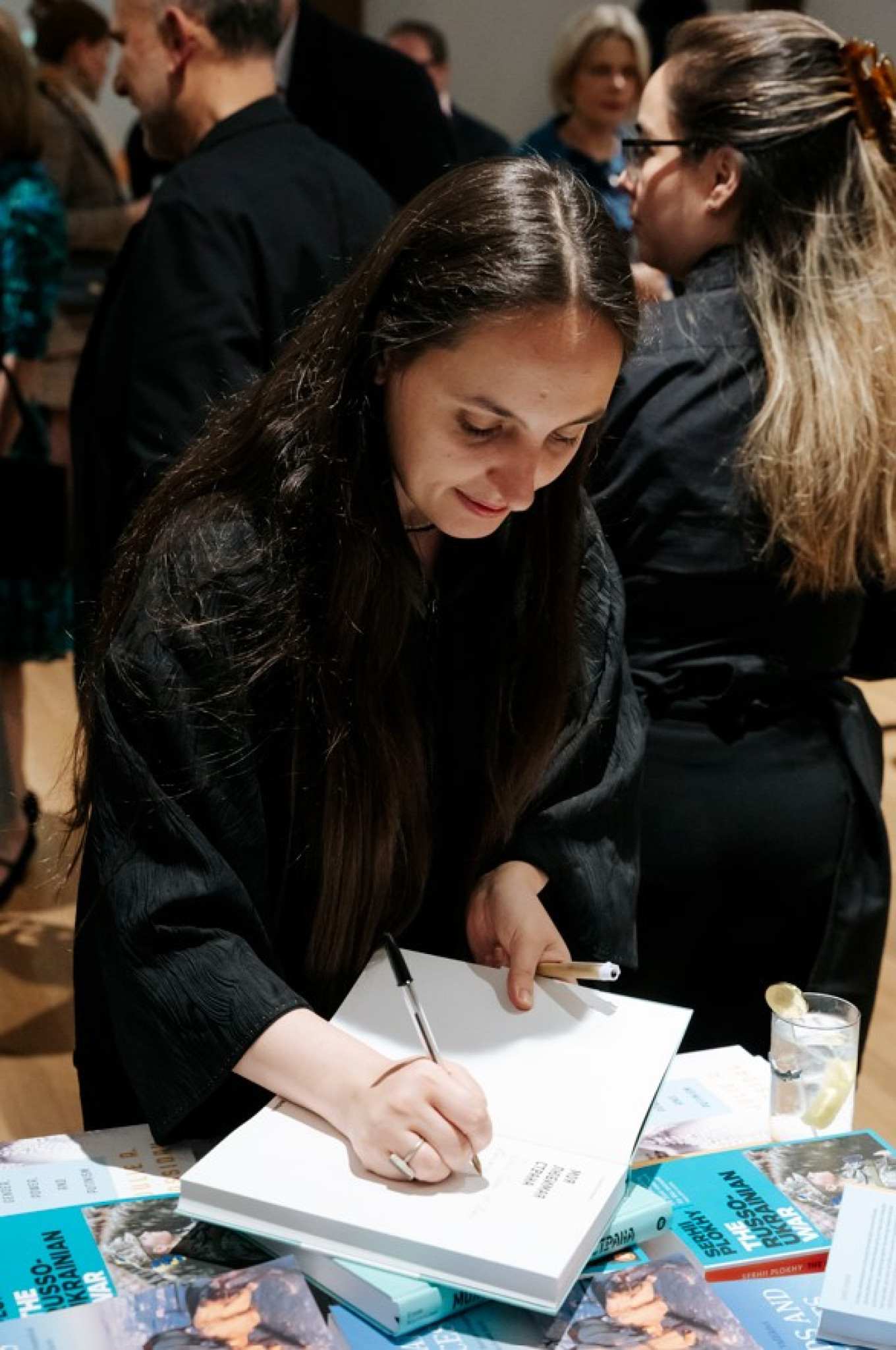
How did you work with your translators, Bela Shayevich and Ilona Yazhbin Chavasse?
I had met Bela several years ago… and we started to discuss the book. She was the first to believe that the book was important and would happen. Ilona had translated texts that I wrote reporting in Ukraine… They would translate and then Bela edited it so it all sounded like one person wrote it. They would send it to me. We would talk and discuss it — endless hours! It was a very important experience, especially for me — it really helped to improve my English. We became very close… they started off as my translators, but they turned into my close friends.
What are you working on now, in addition to your work as a journalist?
I plan to write another book. It will be book about how there isn’t a single crime that can be concealed and not a single memory that can be annihilated. And even if that happens for a certain period of time, the truth will always find its way to the light.
The interview has been edited for length and clarity.
For more information in The Moscow Times about the winning book and award, see reports here and here. For more information about Elena Kostyuchenko, see here.
A Message from The Moscow Times:
Dear readers,
We are facing unprecedented challenges. Russia's Prosecutor General's Office has designated The Moscow Times as an "undesirable" organization, criminalizing our work and putting our staff at risk of prosecution. This follows our earlier unjust labeling as a "foreign agent."
These actions are direct attempts to silence independent journalism in Russia. The authorities claim our work "discredits the decisions of the Russian leadership." We see things differently: we strive to provide accurate, unbiased reporting on Russia.
We, the journalists of The Moscow Times, refuse to be silenced. But to continue our work, we need your help.
Your support, no matter how small, makes a world of difference. If you can, please support us monthly starting from just $2. It's quick to set up, and every contribution makes a significant impact.
By supporting The Moscow Times, you're defending open, independent journalism in the face of repression. Thank you for standing with us.
Remind me later.



